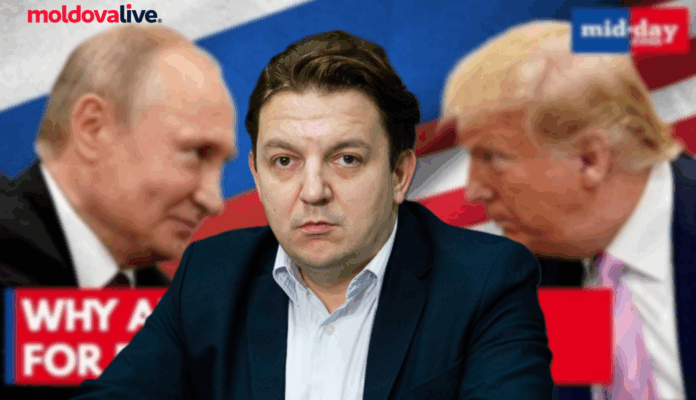On August 15, 2024, in Anchorage, Alaska, U.S. and Russian officials will hold their first high-level talks since the beginning of the invasion of Ukraine—an event that the Kremlin officially confirmed. The meeting will mark a key moment in efforts to negotiate a ceasefire and discuss possible territorial exchanges—a topic former U.S. President Donald Trump publicly raised, stating that “there will be territorial exchanges for the good of both sides.”
Ukrainian President Volodymyr Zelensky responded firmly, emphasizing that “Ukrainians will not gift land to the occupiers,” drawing clear red lines for negotiations and blocking any unauthorized territorial concessions. Their statements have set the diplomatic framework for the discussions and raised questions about potential regional implications.
Expert Andrei Curararu from Watchdog.md reports that negotiators may soon declare a ceasefire, freeze the conflict along its current lines, and initiate technical talks regarding the status of occupied territories. These talks could lead to a de facto recognition of Russian control over Crimea and parts of southeastern Ukraine. While the White House has avoided confirming any deal specifics, deliberate leaks suggest negotiators may begin by recognizing current military positions as the baseline.
FOR THE MOST IMPORTANT NEWS, FOLLOW US ON TWITTER!
Organizers deliberately chose Alaska for the meeting. The state offers a polar route that avoids European airspace, which is critical due to the International Criminal Court’s warrant against Vladimir Putin. It minimizes risks for the Russian delegation. Given Arctic ice melt, the talks may also touch on trade and natural resources, adding layers of complexity to the negotiations.
One key issue is Ukraine’s absence from the negotiation table. Donald Trump declared that talks “begin with Russia,” but Zelensky warned that any decision “without Ukraine” is destined to fail. Without Kyiv’s involvement, ratifying any deal would face major hurdles, especially because Ukraine’s constitution guarantees its territorial integrity.
Analysts from the Atlantic Council, as cited by Curararu, stress that freezing the conflict without strong guarantees and monitoring could give Russia time to rebuild its military in the coming years. Meanwhile, officials in Kyiv remain resolute in rejecting any legitimization of territorial gains.
For Moldova, the Anchorage talks introduce new regional pressures. If global powers accept territorial concessions in Ukraine, similar pressures could rise around Moldova, particularly concerning the land corridor to Transnistria. Curararu calls on Moldova to respond quickly and decisively by finalizing EU accession requirements, speeding up reforms, and reinforcing its political commitment to European integration—steps he says are crucial to preventing a looming state crisis.


